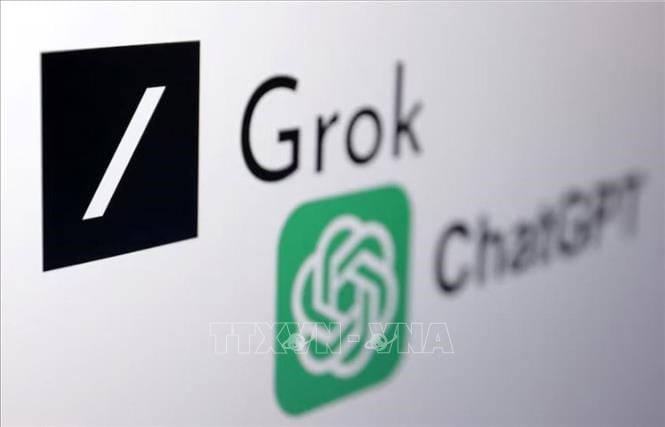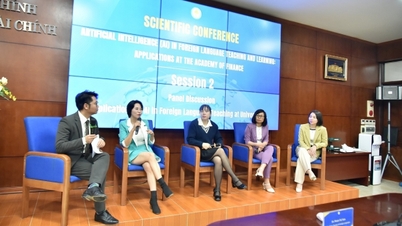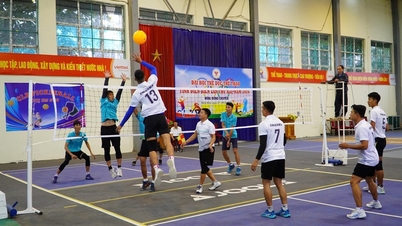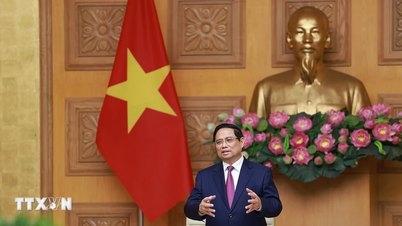Grok chatbot icon. Photo: REUTERS/TTXVN
Reuters Institute director Mitali Mukherjee said the research center's annual survey found for the first time that a large number of people use chatbots to search for headlines of articles and get news updates.
Specifically, the Reuters Institute report stated that in a survey conducted by YouGov on 97,000 people in 48 countries, only 7% used AI to search for news. However, this rate is higher among younger groups, with the figures being 12% of people under 35 and 15% of people under 25, respectively. ChatGPT by OpenAI (USA) is the most widely used chatbot, followed by Gemini by Google and Llama by Meta.
Survey participants appreciated the personalized, tailored chatbot news.
According to the report, 27% of respondents said they use AI to summarize news; 24% use it for translation; 21% look for article suggestions, while nearly 20% ask questions about current events. The survey also noted users' skepticism towards AI, with many expressing that this technology risks making news less transparent, less accurate and less trustworthy. The Reuters Institute report also pointed out that traditional media - including TV, radio, newspapers and news sites - are losing market share to social networks and video sharing platforms.
Nearly 50% of survey respondents aged 18-24 said social media like TikTok was their main channel for accessing information, especially in developing countries like India, Brazil, Indonesia and Thailand.
The Reuters Institute added that many people are still using Elon Musk’s social media platform X to get their news, with the figure rising to about 23% in the US, up 8% from the 2024 survey. The increase was also seen in countries like Australia and Poland. In contrast, rival social networks like Threads, Bluesky and Mastodon have had little impact globally, with the share of users using it to access news falling to 2% or less.
The Reuters Institute's annual report is considered important to those who follow media developments.
Instead of being programmed, today's powerful AI large language models (LLMs) are trained on large amounts of data from the web and other sources - including news media such as text articles or videos. Once trained, they can generate text and images to answer users' natural language queries. However, these AI models have potential problems such as "illusion" - a term that means AI creates information that matches patterns in its training data but is not true. Additionally, another problem related to AI is that many media companies have filed copyright infringement lawsuits against AI makers, accusing these companies of illegally using their content - for example, the New York Times sued OpenAI - the developer of the popular ChatGPT chatbot.
According to MINH TAM (VNA)/Tin Tuc and Dan Toc Newspaper
Source: https://baovanhoa.vn/nhip-song-so/tri-tue-nhan-tao-gia-tang-xu-huong-dung-chatbot-ai-de-cap-nhat-tin-tuc-143821.html







































![[Photo] Da Nang: Hundreds of people join hands to clean up a vital tourist route after storm No. 13](https://vphoto.vietnam.vn/thumb/1200x675/vietnam/resource/IMAGE/2025/11/07/1762491638903_image-3-1353-jpg.webp)











































































Comment (0)